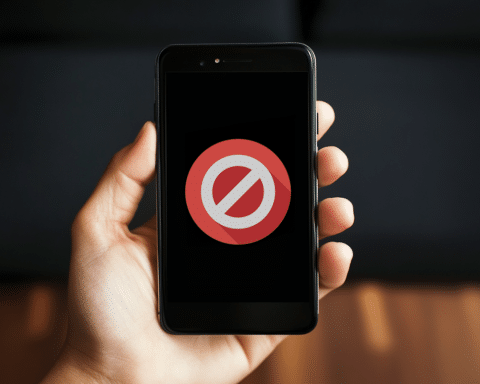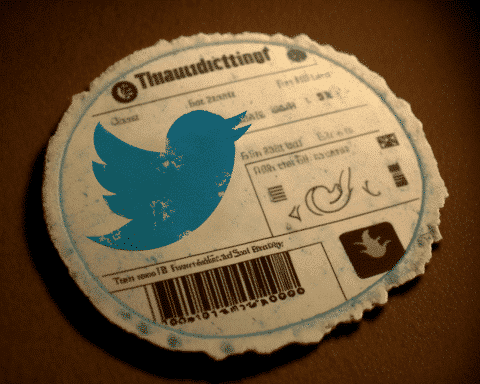Twitter has failed to impress the European Union with its efforts to combat disinformation online. Despite signing up for the EU’s 2022 Code of Practice on Disinformation last year, the company failed to provide a comprehensive report to the 27-nation bloc. The Code of Practice, signed by various organizations, such as online platforms, ad-tech companies, and civil society, aimed to reduce disinformation through different measures.
While other companies, such as Google, TikTok, Microsoft, and parent company of Facebook and Instagram (Meta), showed a “strong commitment to the reporting,” providing extensive detail on their efforts to combat false information, Twitter fell short. The company only “provided little specific information and no targeted data,” according to the European Commission.
Executive Vice President for Values and Transparency, Vera Jourova, expressed her disappointment with Twitter’s lackluster report, stating that she expects the company to take its obligations under the Code more seriously. She added that, in light of Russia’s disinformation war, platforms like Twitter must live up to their responsibilities.
Twitter’s baseline report, at 79 pages, was significantly shorter than those filed by other companies, such as Google, Meta, Microsoft, and TikTok. The report claimed that the company was “making real advancements across the board” in the fight against disinformation but failed to provide the level of detail required by the EU. The social media giant’s communications team has been laid off since billionaire Elon Musk acquired the company. There are concerns about the platform’s lack of enforcement of policies against COVID-19 misinformation and hate speech.
Last year, the EU strengthened the Code of Practice by linking it to the upcoming Digital Services Act, which aims to get Big Tech companies to tidy up their platforms or face fines. Last spring, an EU evaluation found that Twitter reviewed hateful content more slowly in 2022 and removed less of it than the previous year. Most other tech companies that signed up for the Code also scored worse. Companies are expected to fill out a checklist to measure their efforts in fighting disinformation, covering topics such as fact-checking, manipulative behavior, and the impact of political advertising.
The European Commission described Twitter’s report as “short of data, with no information on commitments to empower the fact-checking community.” Meanwhile, Commissioner Thierry Breton noted a “varying degree of quality” in the submitted reports without mentioning Twitter.
Other tech companies’ actions were highlighted for praise by the commission. For example, Google prevented over 13 million euros ($14 million) in advertising revenue from reaching disinformation actors, TikTok removed over 800,000 fake accounts, and Meta applied 28 million fact-checking labels on Facebook and 1.7 million on Instagram. Data showed that 25% of Facebook and 38% of Instagram users did not forward posts after seeing warnings that the content had been flagged as false.




